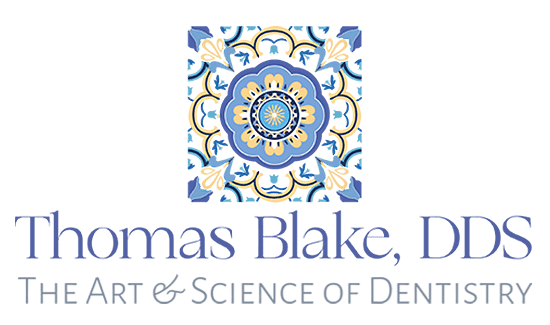
When tooth decay or damage progresses beyond what a filling can repair, dental crowns often serve as the preferred restorative solution. A dental crown is essentially a cap that is placed over a damaged tooth to restore its shape, size, strength, and appearance. The process involves removing the damaged or decayed portions of the tooth, designing a custom crown to fit the exact dimensions of the tooth, and securely placing it on the prepared tooth. This procedure not only helps protect the tooth from further damage but also restores its functionality and aesthetics. Several factors influence the cost of dental crowns, which we will explore in detail below.
Factors Affecting the Cost of Dental Crowns
The cost of a dental crown typically ranges from $800 to $1,300, depending on various factors, such as the tooth being treated, the amount of preparatory work required, and the material chosen for the crown. For example, molars, being larger, may require more materials and time to restore than front teeth. Additionally, the extent of decay or damage to the tooth can impact the preparation needed, which may add to the overall cost.
Modern patients often seek crowns that restore the tooth's functionality and durability and closely resemble its natural appearance. As a result, traditional materials such as metal or gold alloy crowns are increasingly being replaced by tooth-colored options like ceramic or porcelain fused to metal.
At Thomas Blake, DDS, we take pride in crafting crowns that seamlessly integrate with your smile. These restorations are meticulously created by skilled dental artisans, combining cutting-edge technology, expertise, and precision to deliver a result that looks and feels like a natural tooth.
Types of Dental Crowns
Several types of dental crowns are available, and each offers distinct advantages depending on your dental needs, aesthetic goals, and budget.
Ceramic Crowns:
Ceramic crowns are a highly popular choice, especially for patients seeking a natural-looking restoration. Made entirely of ceramic material, these crowns are prized for their realistic appearance and ability to blend with the surrounding teeth. They are particularly well-suited for front teeth or other teeth visible when talking or smiling. In addition to their aesthetic appeal, ceramic crowns are also a great option for patients with metal sensitivities or allergies. Depending on your specific requirements and the complexity of the case, ceramic crowns generally cost between $1,100 and $1,300 per tooth.
Porcelain Fused to Metal Crowns:
For those seeking a balance between cost and durability, porcelain fused-to-metal (PFM) crowns are an excellent option. These crowns feature a metal base for additional strength, making them less prone to chipping or cracking than all-ceramic crowns. The porcelain overlay replicates the natural look of a tooth, though it may not be as translucent as ceramic. PFM crowns are also typically more affordable than ceramic crowns, with costs ranging from $800 to $1,100 per tooth, depending on the tooth being restored and the precise material used.
Gold or Metal Alloy Crowns:
Patients less concerned with appearance or those with habits such as teeth grinding or jaw clenching, which may damage ceramic or porcelain crowns, may benefit from gold or metal alloy crowns. These crowns are known for their superior strength, durability, and longevity, making them an ideal choice for molars that endure heavy chewing forces. Although they lack the aesthetic appeal of tooth-colored options, their unparalleled functionality often makes them the preferred choice for back teeth. During your consultation, Dr. Thomas Blake will help you determine the most suitable crown type based on your dental needs, lifestyle, and preferences.
Paying for Dental Crowns
Since dental crowns are considered a medically necessary treatment for protecting and strengthening compromised teeth, they are often partially covered by most dental insurance plans. Depending on your provider and your specific plan, coverage may range from 50% to 80% of the total cost. Additionally, many patients use Health Savings Accounts (HSA) or Flexible Spending Accounts (FSA) to offset out-of-pocket expenses, making the process more affordable.
If you are concerned about the cost, Thomas Blake, DDS, can work with you to explore payment options and financing solutions to ensure you receive the care you need without unnecessary financial stress.
Frequently Asked Questions About Dental Crowns
Does dental insurance cover the cost of crowns?
In most cases, dental insurance plans partially cover the cost of crowns, as they are classified as essential restorations for protecting and strengthening weakened teeth. However, coverage levels may vary based on the type of crown and your insurance plan, so it’s a good idea to check with your provider.
How long do dental crowns last?
With proper care, dental crowns can last 10 to 15 years or longer. Factors such as the material used, oral hygiene habits, and regular dental check-ups significantly determine their lifespan.
Contact Thomas Blake, DDS
Visit Thomas Blake, DDS, for expert guidance, personalized care, and high-quality dental crowns. Restoring your smile with confidence has never been easier. Schedule your consultation today at thomasblakedds.com. Let us help you achieve a healthy, natural-looking smile that lasts!
